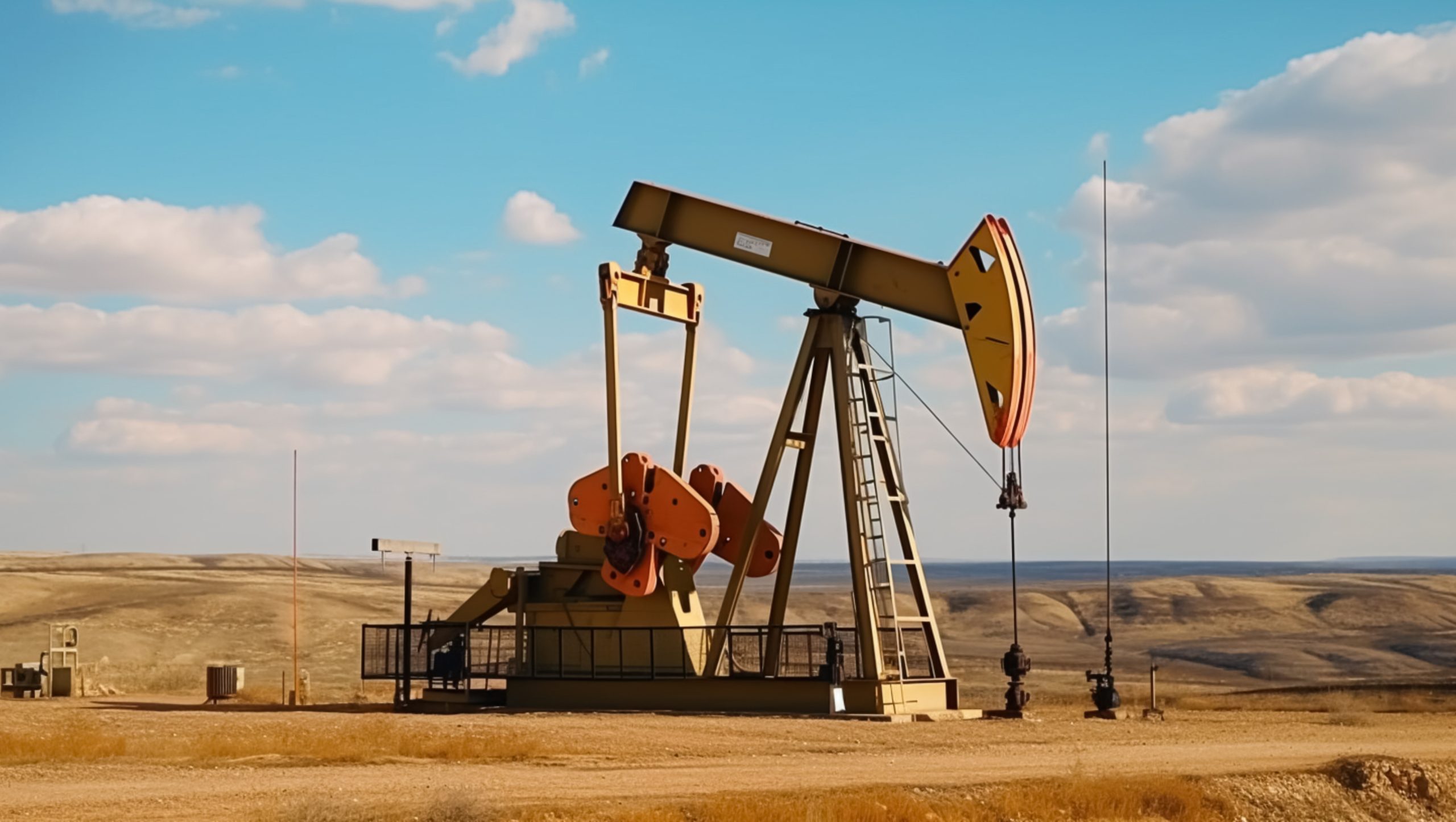ExxonMobil has projected that global oil demand will remain steady until 2050, cautioning that any reduction in fossil fuel investments could lead to a severe energy price shock.
In a forecast, the U.S. oil giant predicted that oil demand would stay above 100 million barrels per day for the next 25 years, assuming the energy transition would not significantly diminish the world’s reliance on fossil fuels.
Exxon warned that if companies do not continue investing to meet this demand, crude prices could potentially quadruple due to a drop in supply.
This outlook contrasts sharply with UK oil major BP, which forecasts a decline in oil consumption to 75 million barrels per day by 2050. The International Energy Agency (IEA) projects an even steeper drop to 54.8 million barrels per day if governments meet their climate goals on time.
Exxon’s forecast emerges amid a heated debate between fossil fuel producers seeking to maintain their market share and policymakers and climate scientists advocating for rapid reductions in fossil fuel consumption to prevent dangerous global warming.
Exxon has long maintained that the world will require more oil to help lift billions of people in developing countries out of poverty. However, it faces lawsuits from environmentalists and policymakers in California who allege that Exxon misled the public for decades about the impact of fossil fuels on global warming.
This forecast comes three years after Exxon lost a high-profile proxy shareholder battle against activist investor Engine No. 1, which argued that Exxon’s focus on fossil fuels posed an “existential business risk.” This year, Exxon sued activist investors who submitted shareholder proposals urging the company to do more to combat climate change.
Despite the continued strong demand for oil and gas, Exxon predicts that carbon emissions will decline by 25% by 2050, driven by greater energy efficiency and the adoption of technologies such as carbon capture and renewables.
However, this reduction falls short of the emissions cuts needed to achieve the net-zero goals outlined in the 2015 Paris Agreement on climate change.
In June, the IEA, which represents wealthy nations, warned of a potential “staggering” oil surplus by the end of the decade if producers continue to increase output as the world transitions away from fossil fuels.
The OPEC producer cartel criticised the IEA’s forecast as “dangerous commentary” and reaffirmed its own projection that oil demand would reach 116 million barrels per day by 2045.
Exxon’s report stated that oil and gas would remain vital to the global economy, with total energy use expected to increase by 15% by 2050 due to population growth. While Exxon predicts a 25% decrease in the need for oil to produce gasoline for passenger cars by 2050, it expects that industrial demand, the largest source of oil consumption, will compensate.
